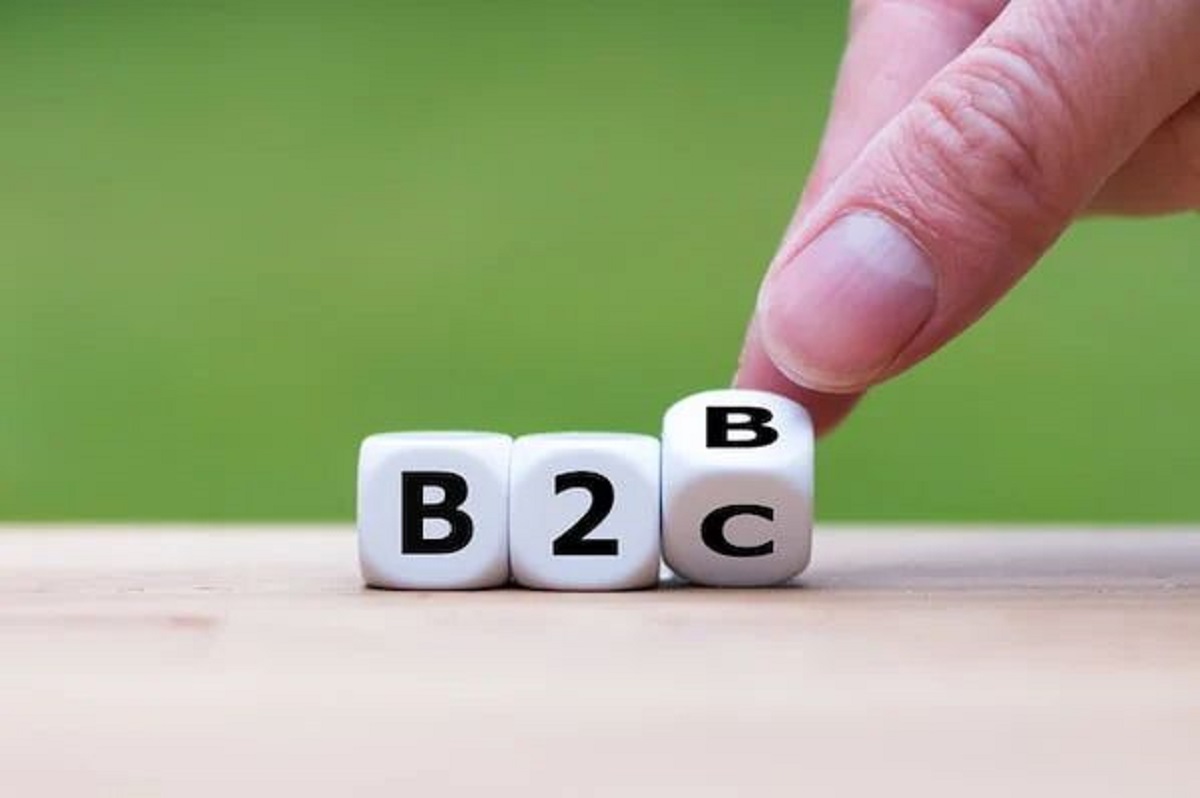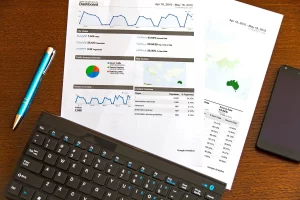How does B2B marketing differ from B2C marketing?
In a world when digital marketing is growing at a more significant pace than expected, the need to understand the several differences between B2B and B2C marketing is paramount.
Their differences may be overlapped sometimes, but essentially as a marketeer, your approach should always be different. Let’s understand B2B and B2C marketing first.
Table of Contents
B2B marketing:
B2B marketing or Business to business marketing is where one Business sells service or products to another business
B2C marketing:
B2C marketing is where a particular business sells products or services to a person catering to their individual needs.
Significant differences between B2B and B2C marketing:
1. B2B marketing has a complex decision-making process:
When you are catering to a person, the process of decision-making is simple. It may be based on emotion, needs, or liking for the product. But when you are selling to a business, you need to convince the whole department involved in decision-making. So B2b marketing needs more effort than B2C.
2. The longevity of relationship in B2B marketing:
When you sell a product to a business, you sell it in large chunks; thus, the contract more often than not lasts around a year. You cannot change the product overnight even though you don’t like it. It makes the decision-making process in B2B marketing more critical. To hold the customers in B2B marketing, you need to arrange webinars to upgrade the product or service frequently so that your client stays with you for a long time. Whereas in B2C, if a customer doesn’t like your product, they can change the product just in a day.
3. Importance of negative review:
Around 72% of customers in B2B marketing read about negative thinking. They say it gives them in-depth analysis, so in B2B marketing, you need to take account of reviews and improve your product or service.
Where in the case of B2C marketing, it is said that more than 90% of people read reviews, and even one bad review can affect your customer base. Thus, there is always a demand to bury these reviews. But you can always offer an apology to protect your image in the market.

4. Return on investment is crucial in the case of B2B: When
When a business order your product, it tries to gain profit from it, so as a B2B marketeer, you need to track the ROI of your product. In the case of B2C, a customer is concerned about deals or the immediate need. ROI may not be a primary concern.
5. Understanding the target audience:
When you target a niche client with specific demands, you need to have absolute clarity of the product. Thus, it is crucial that as a B2B marketeer, you understand the market demographic with absolute clarity.
The same is not needed in B2C as you cater to a wide range of customers. Yes, you need to decide your target audience, but there is no need to be as detailed as B2B.
6. Emotion driven decision of B2C customers:
When an individual is buying something, most of the time, the decision is driven by friends, social media, or families. But when a Business accepts a product, it analyses the impact of purchasing a particular product and how it will add value to it.
7. Attention-grabbing marketing of B2C customers:
B2C customers are always filled with advertisements, print, television or digital media. As everyone’s attention span is also different, you need to be always on your toes to sell a product. In the case of B2B customers, the client is knowledgeable and takes time to buy a product.
8. Use of industry jargon:
Just like a doctor doesn’t use scientific terms to the patient to inform about the disease; you should avoid using industry jargon in the case of B2C customers as a marketeer. Simple but relatable words are necessary to attract customers. You can use it
9. in the case of B2B because they are familiar with different terms.
When selling a product, you should always judge how well you sell and what demographic you are targeting. Without this, you will fail to maximize the customer base and profits.







You really make it appear so easy together with your presentation but
I to find this matter to be actually something which I believe I might by
no means understand. It kind of feels too complicated and extremely vast for me.
I am looking forward to your subsequent submit, I will attempt
to get the dangle of it!